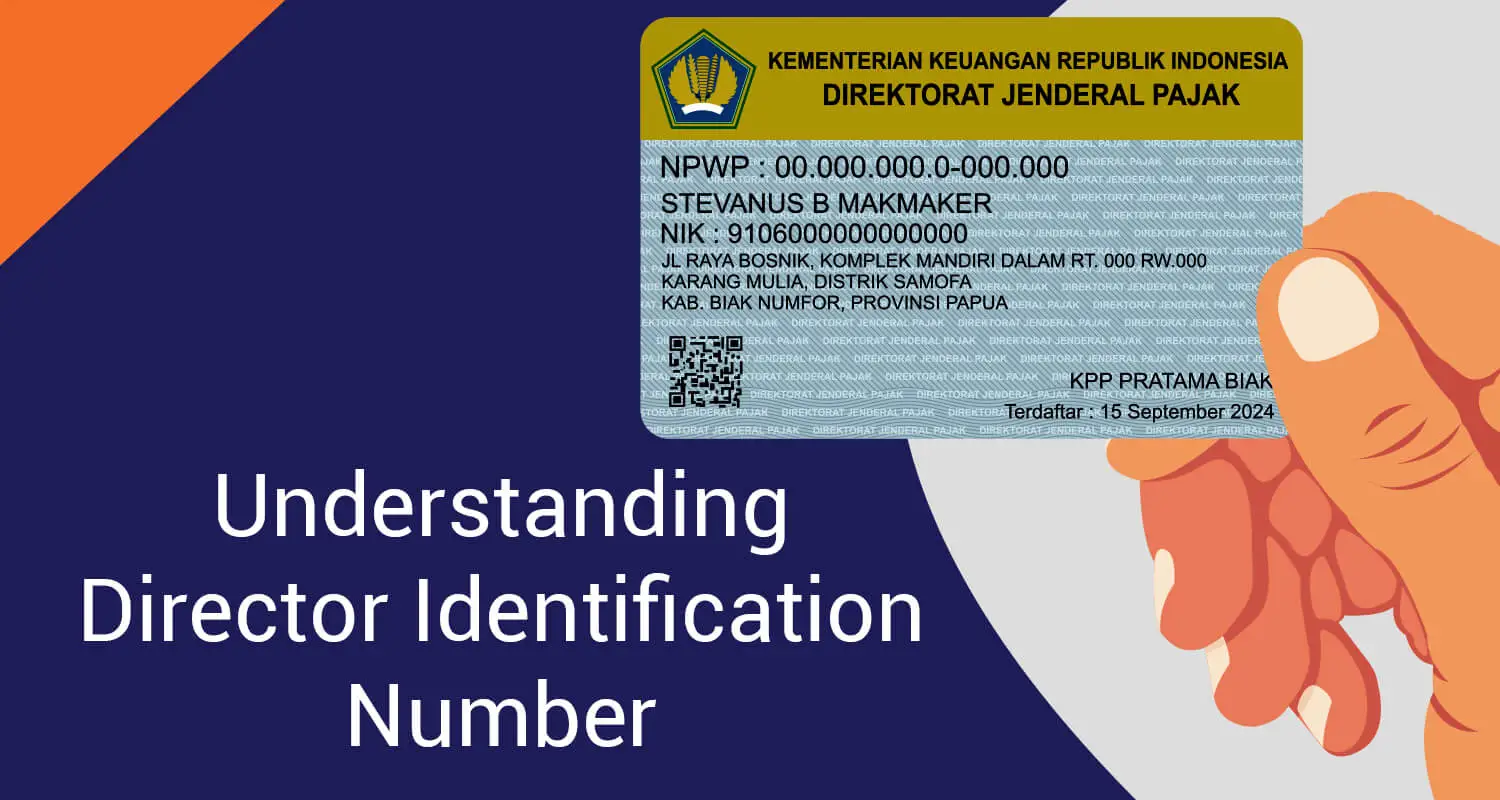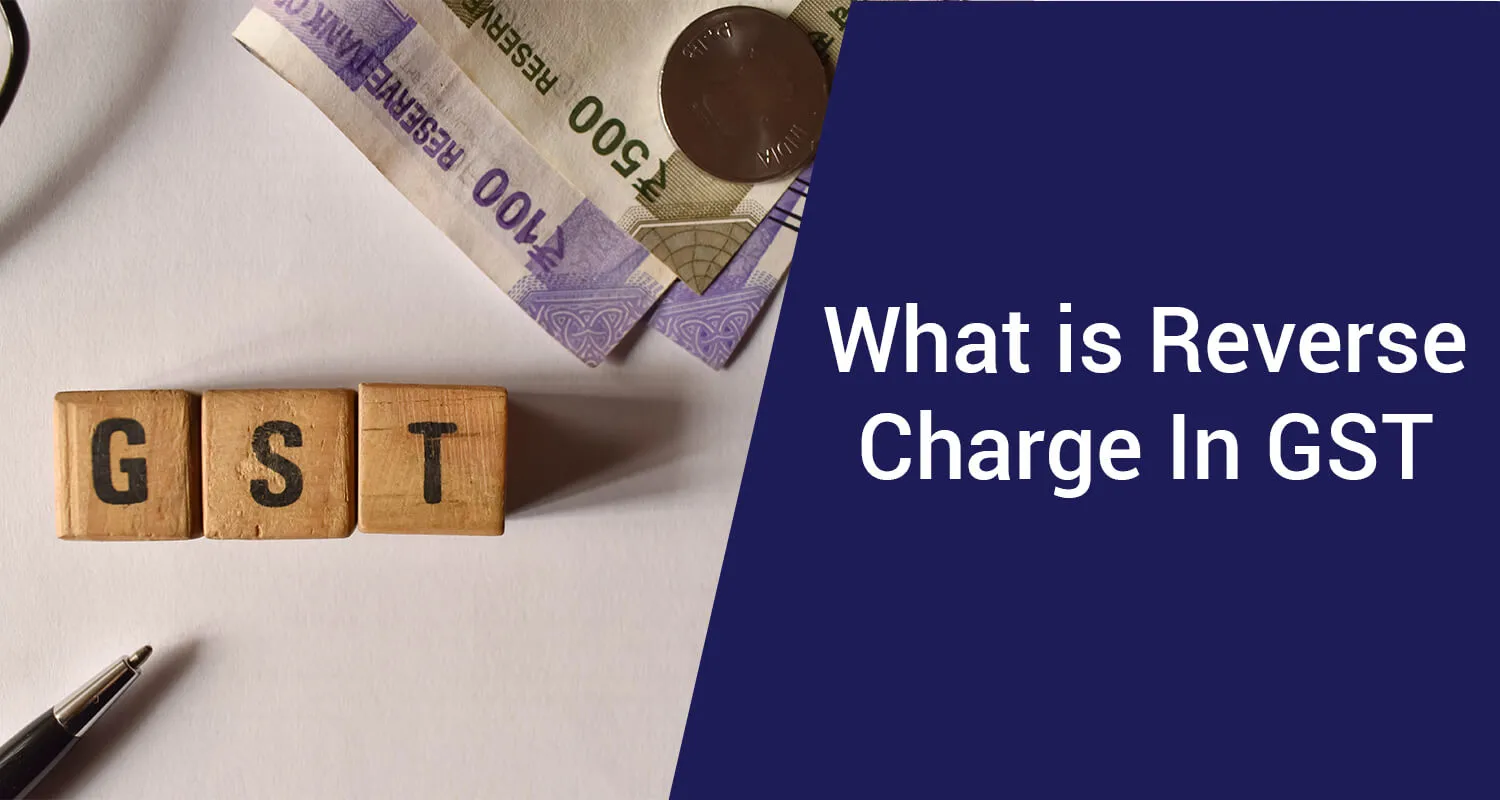Director Identification Number: Meaning, Significance & Needs
A Director Identification Number (DIN) is a unique, eight-digit identification number assigned by the Central Government of India to any individual who is either an existing director of a company or intends to become one.

The corporate landscape requires a strong system for identifying and tracking company directors. This is where the concept of the Director Identification Number (DIN) comes into play. This article delves into the intricacies of DIN in India, explaining what a DIN number, its purpose, its application process, and its significance in the corporate world.
What is a Director Identification Number (DIN)?
A Director Identification Number (DIN) is a unique, eight-digit identification number assigned by the Central Government of India to any individual who is either an existing director of a company or intends to become one. It serves as a unique identifier throughout a director's career, regardless of the number of companies they are associated with. Think of it as a social security number but specifically for company directors.
Significance of DIN
The introduction of the Director Identification Number (DIN) marked a significant step towards enhancing transparency and accountability within the corporate sector. It helps streamline company processes and enables stakeholders to perform director identification number checks. This allows for verification of an individual's credentials and confirmation of their directorship roles, fostering a more informed and secure corporate environment. It offers several key benefits:
- Unique Identification: DIN eliminates the possibility of duplicate identities for company directors. This ensures clear and accurate records, minimizing the risk of fraud or confusion.
- Improved Corporate Governance: By linking directors to a unique identifier, DIN facilitates better monitoring of their activities and potential conflicts of interest, fostering a more responsible and ethical corporate environment.
- Streamlined Processes: DIN simplifies the incorporation of new companies and the registration of changes in directors. It also promotes faster application and approval processing.
- Public Disclosure: DIN information is publicly available on the Ministry of Corporate Affairs (MCA) website. This allows stakeholders, including investors and creditors, to easily verify the credentials of company directors.
Sapna aapka. Business Loan Humara.
Apply NowWho Needs a DIN?
- Existing Directors: Any individual currently serving as a director in a registered company in India must obtain a DIN.
- Aspiring Directors: Anyone who intends to become a director of a company in the future needs to acquire a DIN before their appointment.
There is no exemption from obtaining a DIN. It is a mandatory requirement for all individuals seeking to participate in company governance in India.
Where is DIN Used?
The DIN finds application in various aspects of corporate affairs:
- Company Incorporation: When registering a new company, all proposed directors must possess a valid DIN.
- Appointment of Directors: Any individual being appointed as a director in an existing company requires a DIN.
- Filing of Company Forms: The Companies Act, 2013 mandates that directors furnish their DIN details on various forms.
- Know Your Customer (KYC) Procedures: Financial institutions and other regulated entities may require DIN information for KYC purposes when dealing with companies.
In essence, a DIN has become an essential element in the Indian corporate ecosystem. It ensures proper identification, promotes transparency, and streamlines various company-related processes.
Obtaining a Director Identification Number (DIN)
The process of acquiring a DIN is relatively straightforward and can be completed online. Here's a breakdown of the key steps:
- Eligibility: As mentioned earlier, any individual aspiring to be a director in an Indian company needs to be eligible for a DIN. There are no specific educational qualifications required, but the applicant must be at least 18 years old and possess a sound mind.
- Application Form: The applicant must submit an online application form (DIR-3) through the Ministry of Corporate Affairs (MCA) portal.
- Required Documents: The application must be accompanied by scanned copies of documents establishing the applicant's identity and address proof, as prescribed by the MCA.
- Fees: An application fee needs to be paid online at the time of submission.
- Processing Time: The processing time for a DIN application typically takes a few working days, subject to verification of submitted documents.
- DIN Allotment: Upon successful verification, the MCA will allot a unique DIN to the applicant.
It's important to note that the DIN application process is designed to be user-friendly and accessible online. The MCA website provides detailed instructions and resources to guide applicants through the process.
Maintaining and Deactivating a DIN
- Lifetime Validity: A DIN has a lifetime validity, meaning it remains valid throughout the director's career, irrespective of any changes in company association.
- Change in Details: If personal details like name or address change, the director must update their DIN record through the MCA portal by filing the prescribed form.
- Deactivation: If a director permanently ceases to be associated with any company and no longer intends to hold future directorships, they can apply for deactivation of their DIN. However, deactivation is an irreversible process, and a deactivated DIN cannot be reactivated.
By understanding these aspects, directors can ensure their DIN information remains accurate and reflects their current status within the corporate world.
Conclusion
The Director Identification Number (DIN) plays a vital role in ensuring transparency and accountability in the Indian corporate sector.FAQs
1. Do I need a DIN if I'm just an investor in a company?
Ans. No, a DIN is only mandatory for individuals who are directors of a company in India. Investors, shareholders, or other company officials without directorial positions do not require a DIN.
2. Can I check the validity of someone's DIN?
Ans. Yes, the Ministry of Corporate Affairs (MCA) website allows you to perform a director identification number check. You can search by DIN number or director's name to verify the validity of their DIN and access basic details about their directorships.
3. What happens if I lose my DIN number?
Ans. While a DIN has lifetime validity, you can retrieve a forgotten DIN by submitting a request through the MCA portal. You'll need to provide basic information and pay a nominal fee to retrieve your DIN details.
Sapna aapka. Business Loan Humara.
Apply NowDisclaimer: The information contained in this post is for general information purposes only. IIFL Finance Limited (including its associates and affiliates) ("the Company") assumes no liability or responsibility for any errors or omissions in the contents of this post and under no circumstances shall the Company be liable for any damage, loss, injury or disappointment etc. suffered by any reader. All information in this post is provided "as is", with no guarantee of completeness, accuracy, timeliness or of the results etc. obtained from the use of this information, and without warranty of any kind, express or implied, including, but not limited to warranties of performance, merchantability and fitness for a particular purpose. Given the changing nature of laws, rules and regulations, there may be delays, omissions or inaccuracies in the information contained in this post. The information on this post is provided with the understanding that the Company is not herein engaged in rendering legal, accounting, tax, or other professional advice and services. As such, it should not be used as a substitute for consultation with professional accounting, tax, legal or other competent advisers. This post may contain views and opinions which are those of the authors and do not necessarily reflect the official policy or position of any other agency or organization. This post may also contain links to external websites that are not provided or maintained by or in any way affiliated with the Company and the Company does not guarantee the accuracy, relevance, timeliness, or completeness of any information on these external websites. Any/ all (Gold/ Personal/ Business) loan product specifications and information that maybe stated in this post are subject to change from time to time, readers are advised to reach out to the Company for current specifications of the said (Gold/ Personal/ Business) loan.



